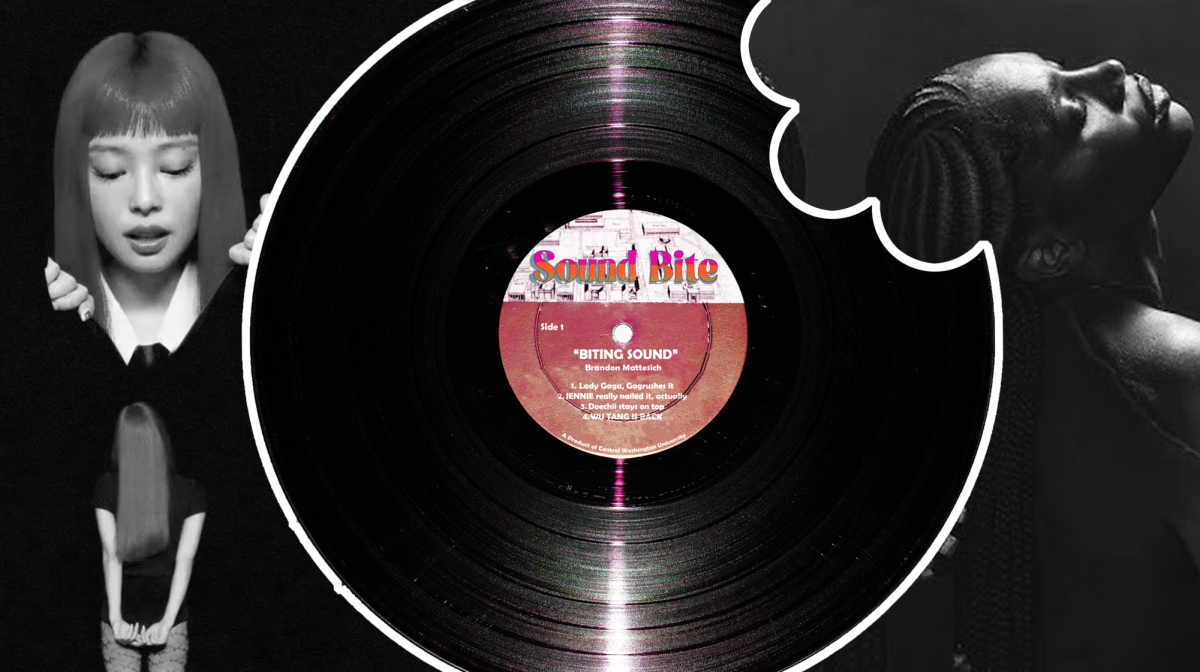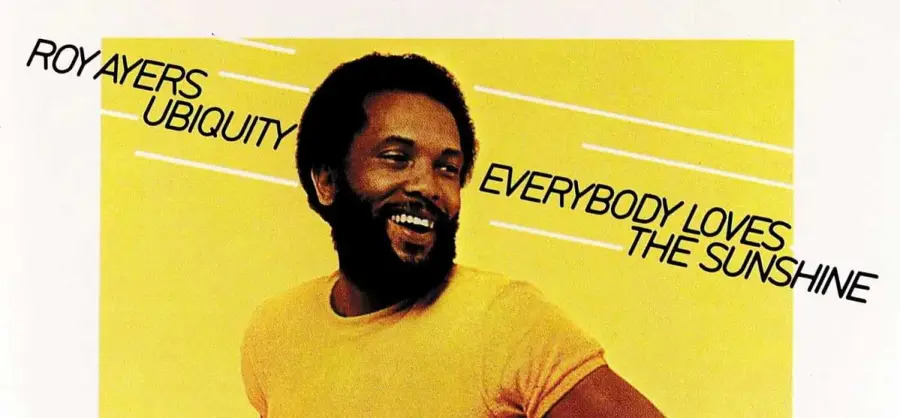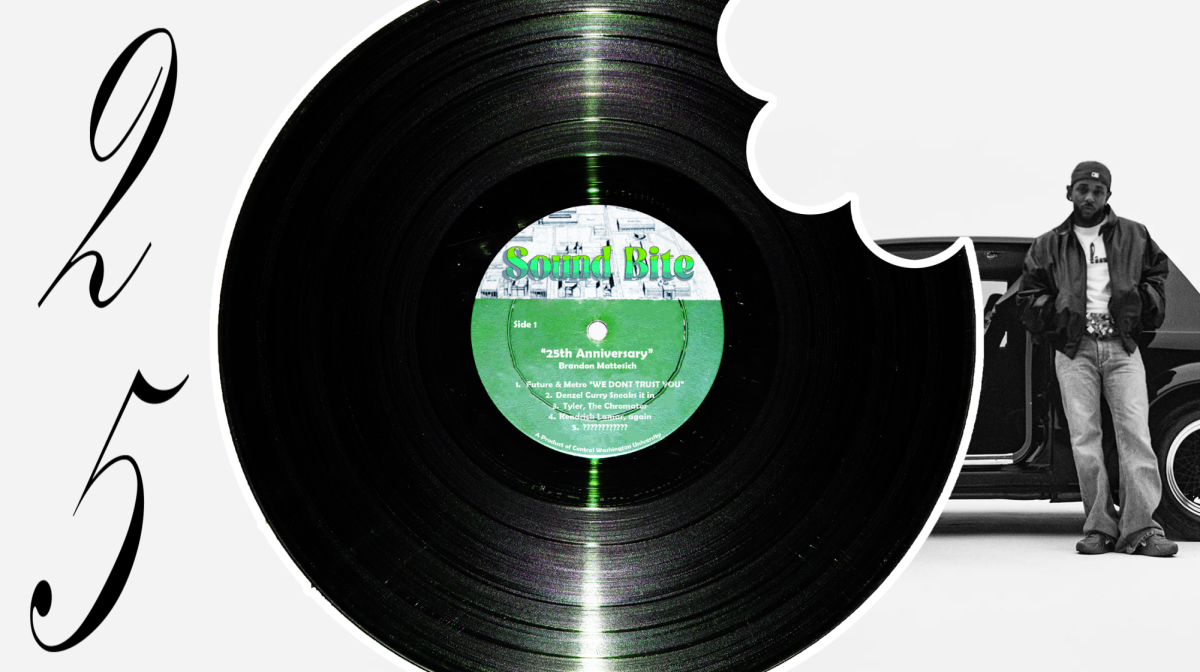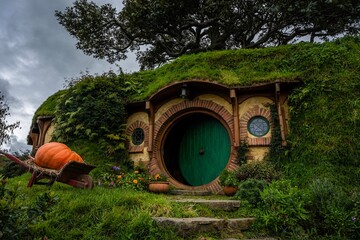BY PATIENCE COLLIER, News Editor
Cultures across the globe have had non-gender-binary or third-gender pronouns since before the first colonial period.
Many nations still have a place in their language and culture for people who are neither male nor female – or both. English appears to be the exception, not the rule, to gender constructs in culture and language.
Right now, this is finally boiling to the top of our country’s culture wars. The Euro-American culture needs to finally admit we’ve been wrong about gender.
Our culture is one of the only ones in the world so tied to a binary idea of gender – and one that is entirely linked to biological sex – that we don’t have a place for intersex people, transgender people or anyone who falls into a category other than male or female.
Generally, the reason people cite for their rigid idea of gender is religion— specifically, Christianity. “It’s Adam and Eve, not Adam and Steve,” and so on. This makes even less sense to me than the usual arguments about how we’ve “always done things.” If you can find in the bible an argument about gender—specifically, being only a man-woman thing—I will be pretty impressed.
I looked for a while, but the only thing I could find was a quote on marriage in Matthew about how some men are born eunuchs, some are made eunuchs, and some make themselves eunuchs. It closes, “Let anyone accept this who can.” I won’t even try to interpret that, but it doesn’t strike me as a particularly solid argument for gender as a binary thing.
Even if there is an argument to be made by some interpretation of Christianity, that probably shouldn’t be our guiding line for societal norms. Mainstream Christianity has been wrong before – take slavery, – and will likely be wrong again. Speaking as a Christian, I think it’s probably time we stop basing our laws on 20th- and 19th-century interpretations of a 3,000-year-old religious text.
In North America, tribes in all regions of the continent had five separate genders: male, not-male, female, not-female, and two-spirit. Indigenous African cultures, including the Azande, Maale and Swahili peoples, had roles for people who fell into a gender role other than binary male or female. In Thailand, kathoey or katoey can refer to a transgender person or a person of a third gender.
Some other cultures, such as Korean culture, may have a binary construct but assign entirely different qualities to the categories of “masculine” and “feminine.” This seems to me to be a strong indication that what we see in our culture as an entirely black-and-white issue is, in fact, a great deal more complicated.
Thanks to Toni Culjak, English professor, and Marna Carroll, anthropology professor, for information about gender in Native American cultures.







